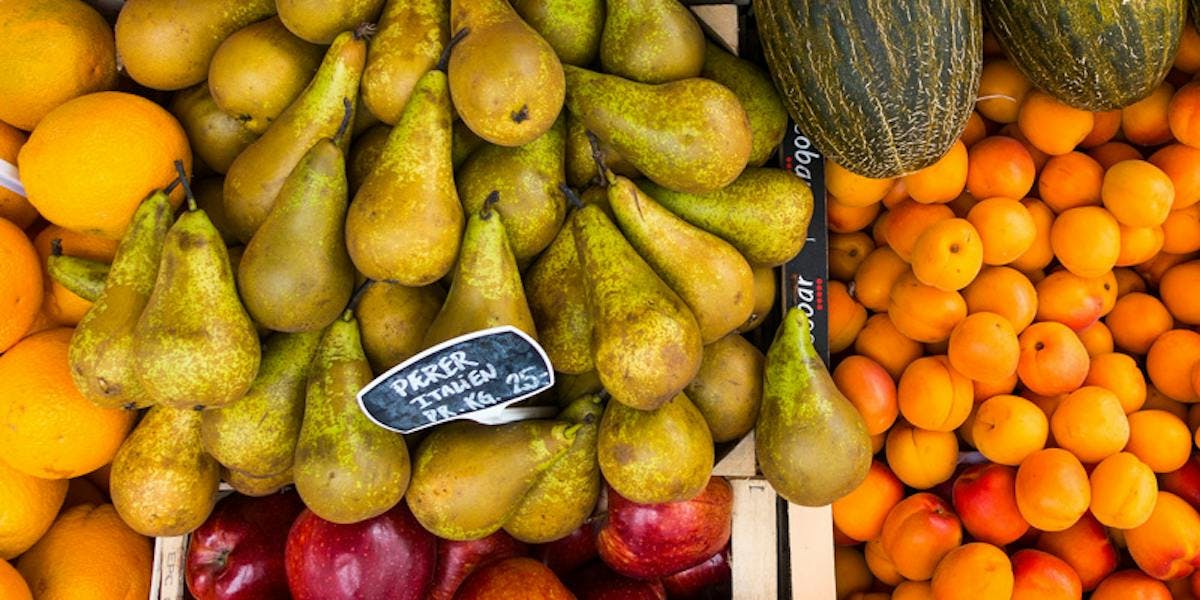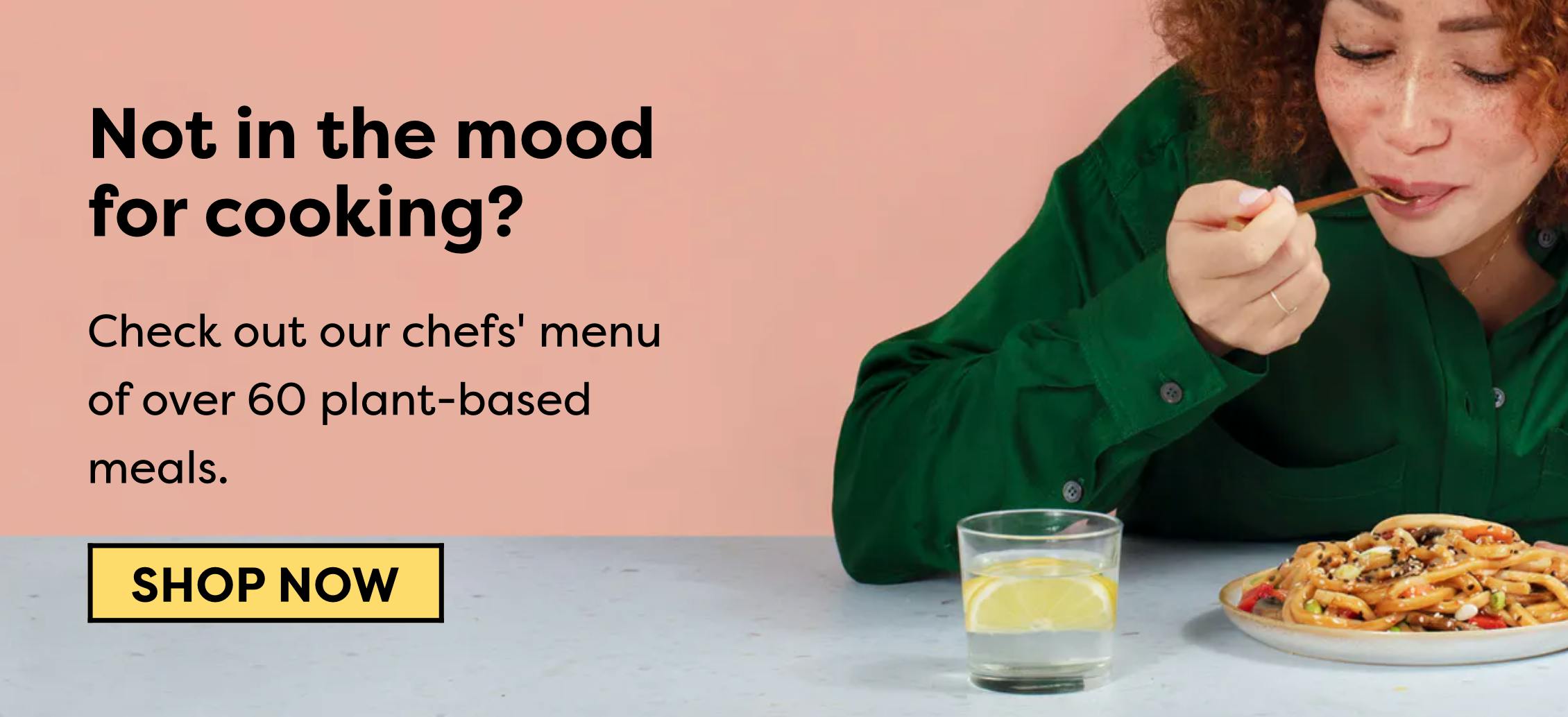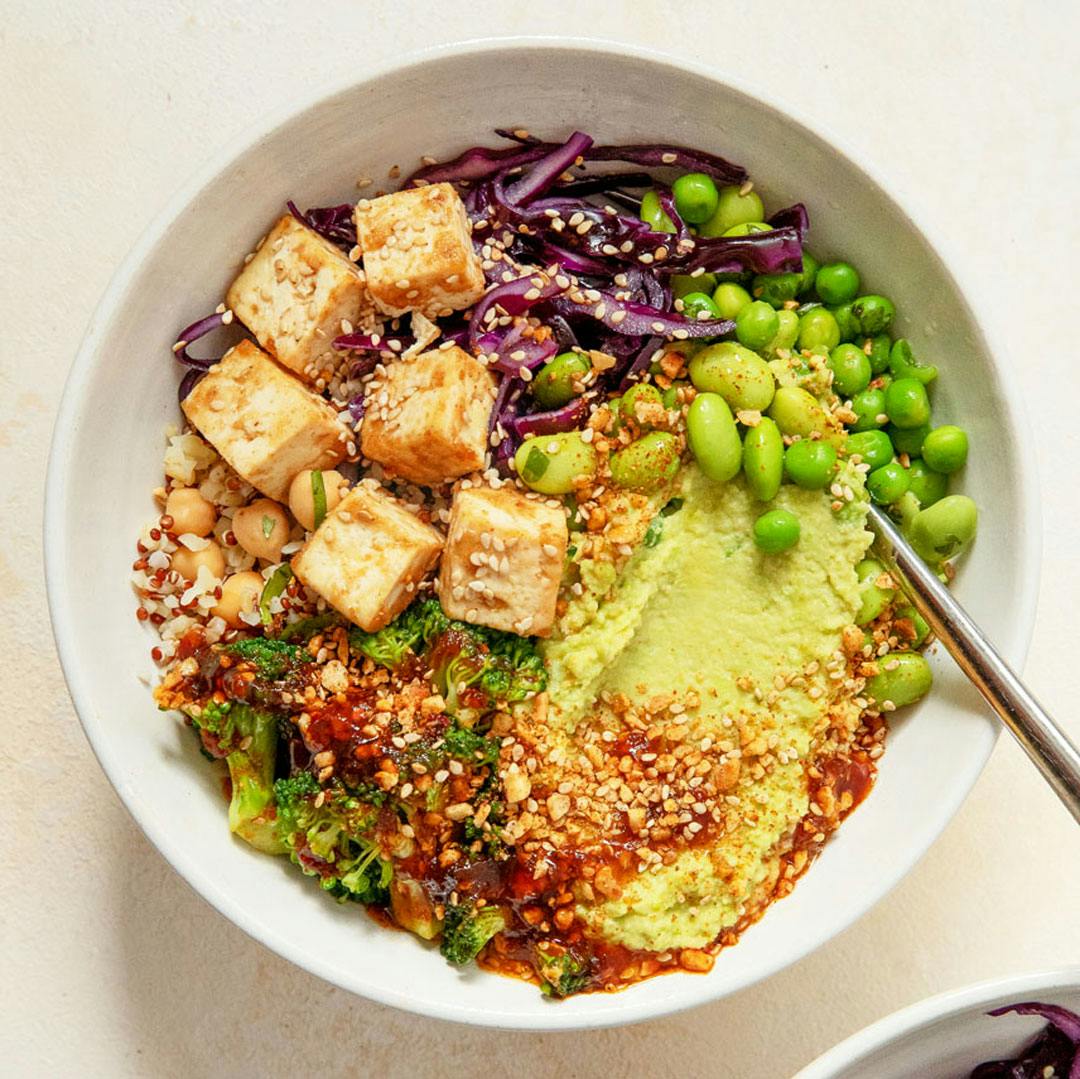Lifestyle
Why Choose Whole Foods?
8min read
The typical modern diet for people in the UK is a far cry from the diet that kept humans healthy for most of our history. This is undoubtedly affecting our collective health. With so much conflicting advice and so many diet plans, it’s easy to get confused and not really know which way to turn.
Want to make sure you're getting enough whole foods in your diet? Our dishes are made from whole food, quality plant-based ingredients – check out the full menu here.
So what choices can we make that are healthy and convenient and don’t compromise on taste? Introducing more whole foods is a great starting point and it’s pretty easy to do with a small mindset shift. We also think it’s best to think of what we eat as less of a “diet” and more as a lifestyle. Here’s why.
What are whole foods?
Simply put, whole foods are foods that are either not processed at all, or processed minimally. Examples include whole grains, legumes, fresh fruits and vegetables. Think foods that don’t need labels listing a million different unpronounceable ingredients.
That’s something we know a lot about here at allplants — there are no nasties and no unknown ingredients in our dishes — just plant-packed, delicious meals delivered. Check out our range of 60+ meals in our shop now.
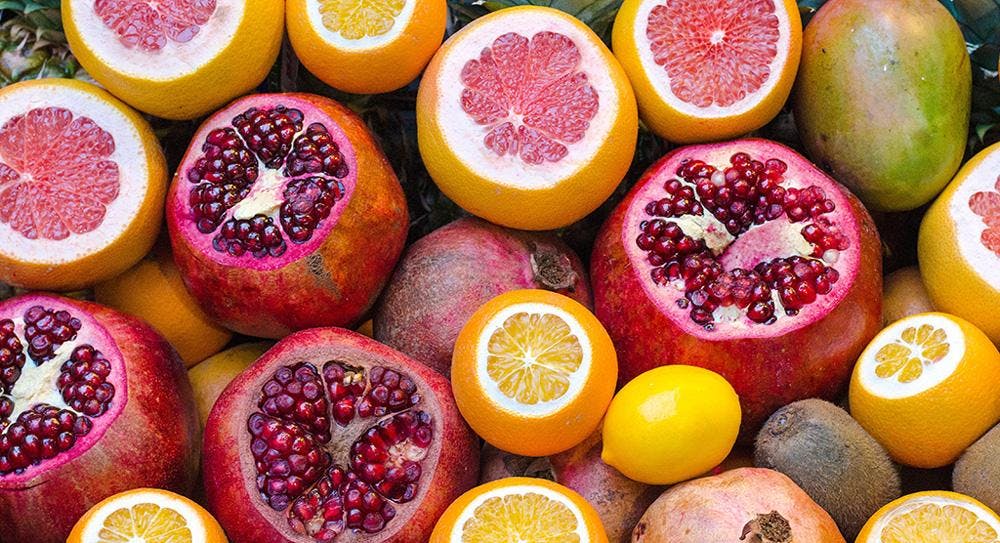
What is a whole food diet?
A whole food diet:
Is plant-based or plant-forward
This means plants — vegetables, fruits, whole grains, legumes, beans, seeds and nuts — are the focus rather than an afterthought. It doesn’t mean you have to be vegan, or even veggie, but it does mean that you eat proportionally more plants.
Limits processed and refined foods
Focus on foods that are in, or close to, their natural state when you buy them. Flour, added sugars and processed oils are on the list of foods to be wary of. Where possible, choose coconut or extra virgin olive oils, which are pressed rather than processed.
Limits animal products
The typical diet in the UK is built around animal products. Newer, science-backed guidelines indicate that this is not the healthiest way to eat. Instead, animal products — if you choose to include them at all — should take a supporting, rather than the starring, role.
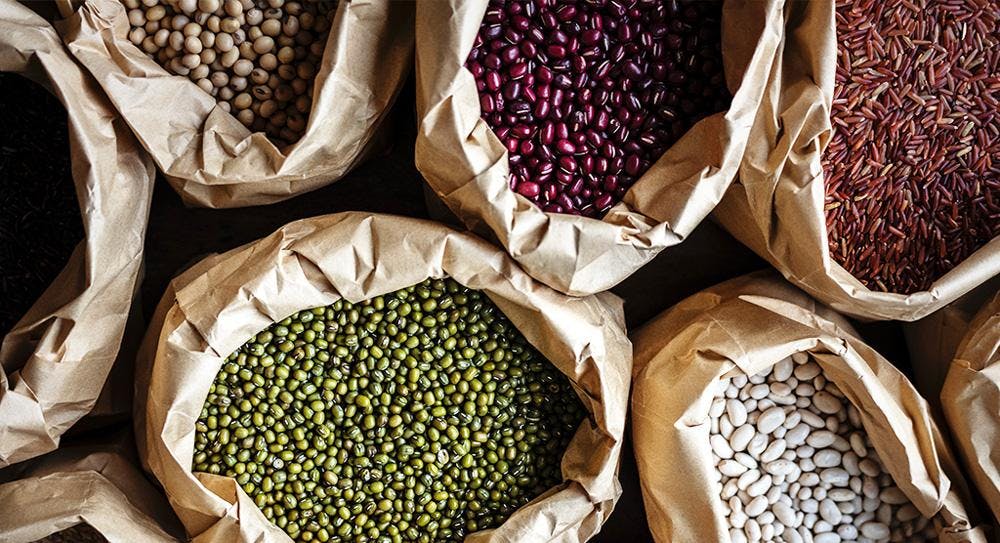
Benefits of whole foods
Whole foods are nutritious
Nutritious foods (not supplements) are the best foundation for optimal health and designed by nature, whole foods give us all the nutrients we need without any additives. By regularly eating a variety of vegetables, fruit, whole grains, and protein foods, we’re covering all bases. And it’s advised that even these “protein foods” should come predominantly from plants; tofu and tempeh are great meat replacements and absolutely count as whole foods.
The perfect example of this is our Protein Power Bowl containing 26.5g of plant protein per serving. It’s miso roasted tofu, coconut and edamame smash, with power grains, sweet chilli broccoli, sesame cabbage, and a pea and edamame medley.
Building your diet around whole plant-based foods means you will naturally consume:
- Most, if not all, the vitamins and minerals you need for your body to function perfectly; Vitamin B12 is the main one to watch out for.
- Dietary Fibre, which helps to keep your digestive system on track
- Unsaturated fats; minimal trans and saturated fats; and absolutely no cholesterol
- Plenty of protein
- Phytonutrients - the chemicals that act as a plant’s immune system. These include antioxidants, which help fight disease in humans too.
Whole foods can fight disease
Replacing processed and animal-based foods with more plants generally means more fibre and less saturated fat. This can have a great impact on your overall health but also means a lowered risk of cancer, heart disease and type 2 diabetes
And back to phytonutrients – while not strictly essential to keep us alive and kicking, they can: reduce inflammation, boost your immune system and even help to prevent certain types of cancer. They are found in loads of different plants, but often in really colourful fruits and veggies (like tomatoes, peppers, leafy greens). So, while carrots may not help you see in the dark, it’s probable they do prevent cataracts.
Whole foods are better for the planet
Plant forward diets are not only great for your health but also have a proven impact on the environment. For us Brits, a well-planned plant-based diet requires about a third of land, freshwater and energy of the typical ‘meat-and-dairy’ based diet.
Eating whole foods takes the “processing” step out of the field to fork supply chain, reducing the distance travelled and the energy used to process and refine.
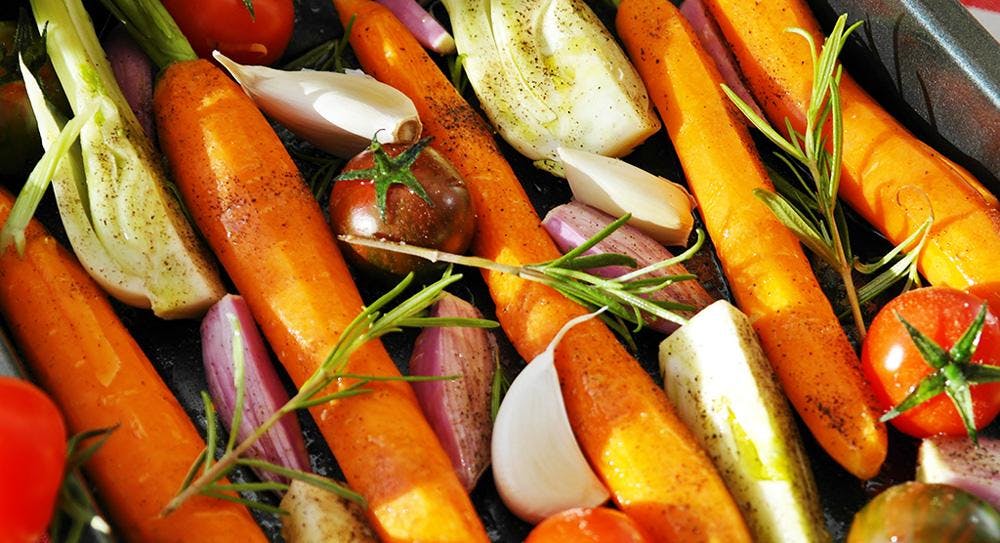
How to eat more whole foods
We prefer to think of eating more whole foods as a lifestyle shift rather than a diet. For us, it comes with a more mindful approach to food and eating in general.
Stock up on frozen and dried staples
Whole foods don’t always have to be bought fresh: frozen veggies and dried lentils work perfectly. Here is a great shopping list to get you started.
Plan ahead
While it takes a little bit of time and effort, planning ahead is one of the easiest ways to start building more whole foods into your week. Our less mindful (and often less healthy) choices are normally made when we’re on the go or in a rush. Being prepared helps keep us focused.
Start with one meal a day
If planning your entire week seems a little daunting — or too limiting — why not just plan one healthy whole foods meal for each day? This recipe for cauli tikka masala is a great place to start and you’ll find a huge bank of ideas here, too.
Crowd out animal products
Whether you’re wanting to eat more plants or all plants, as you consciously start to shift your focus away from animal products you will naturally increase the proportion of plants you eat. Your best-case plate should be half fruits and/ or vegetables, a quarter whole grains and a quarter protein foods.
Season away to your heart’s content
Whole foods most definitely don’t have to be bland, either. Spices, herbs and seasonings are generally made using whole foods and condiments like salsa, mustard, nutritional yeast, soy sauce, vinegar and lemon juice are all encouraged too.
Why have we used Canada’s dietary guidelines?
If you scan our sources below, you will notice that — along with advice from the Association of UK Dietitians — we have used Canada’s dietary guidelines to help inform this article.
Published in January of this year, Canada is, to date, the only country to develop its dietary guidelines using evidence-based science that is funded by impartial parties rather than invested industries. We think this is pretty important.
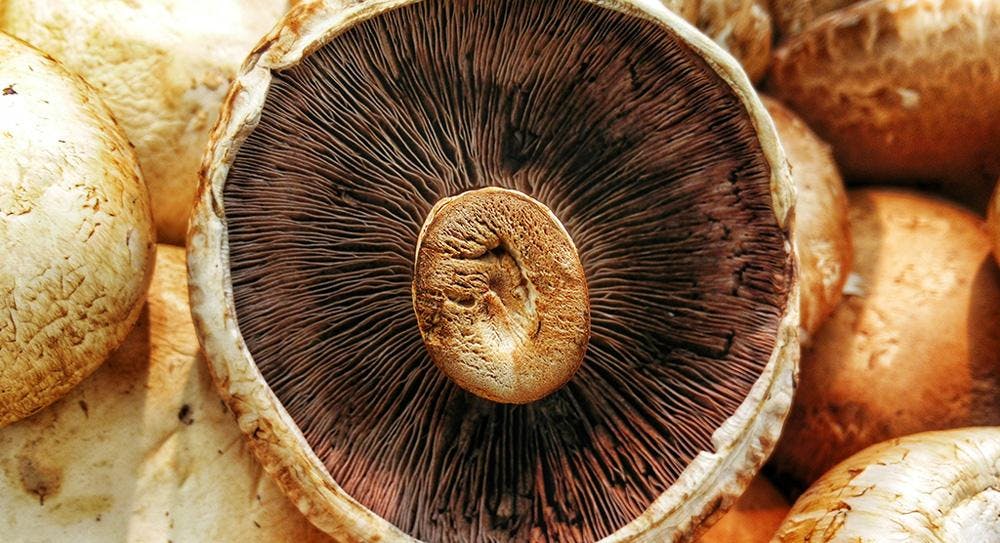
By Munjeeta Sohal
MJ is a freelance writer, avid reader and habitual ruminator (and user of fancy words). She couldn’t live without books and her cats. On her days off, you can find her cycling up and down the Lea Valley, searching for a great vegan recipe to cook, or, well, reading her book with her cats.
Let us take care of dinner
We help to make eating more plants easy and delicious. Fancy letting us take care of dinner? Check out our delicious meals here.
Shop now
